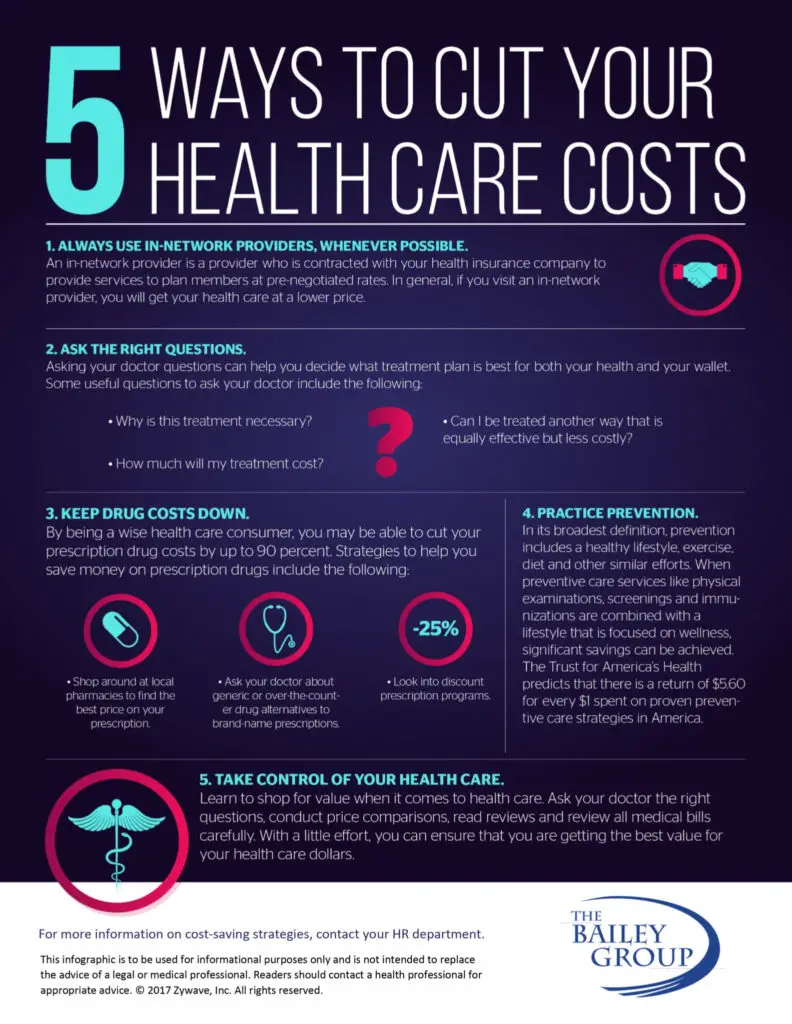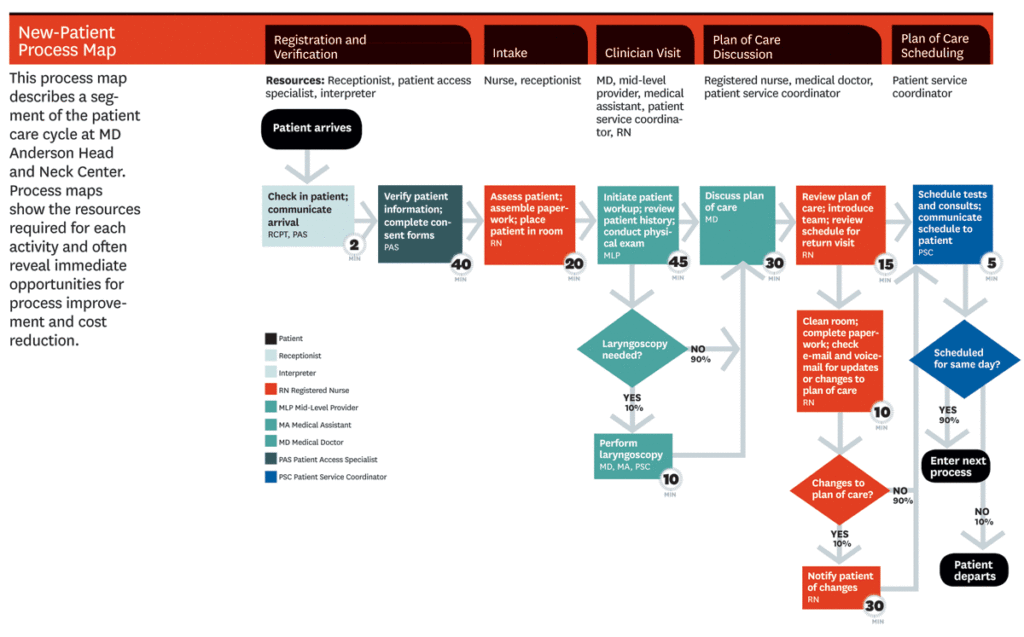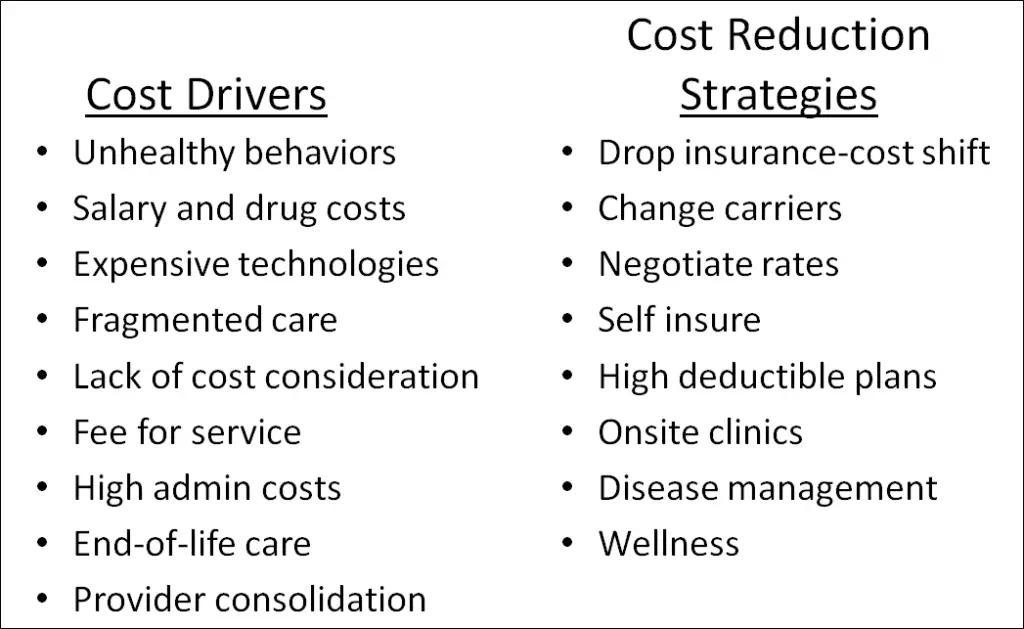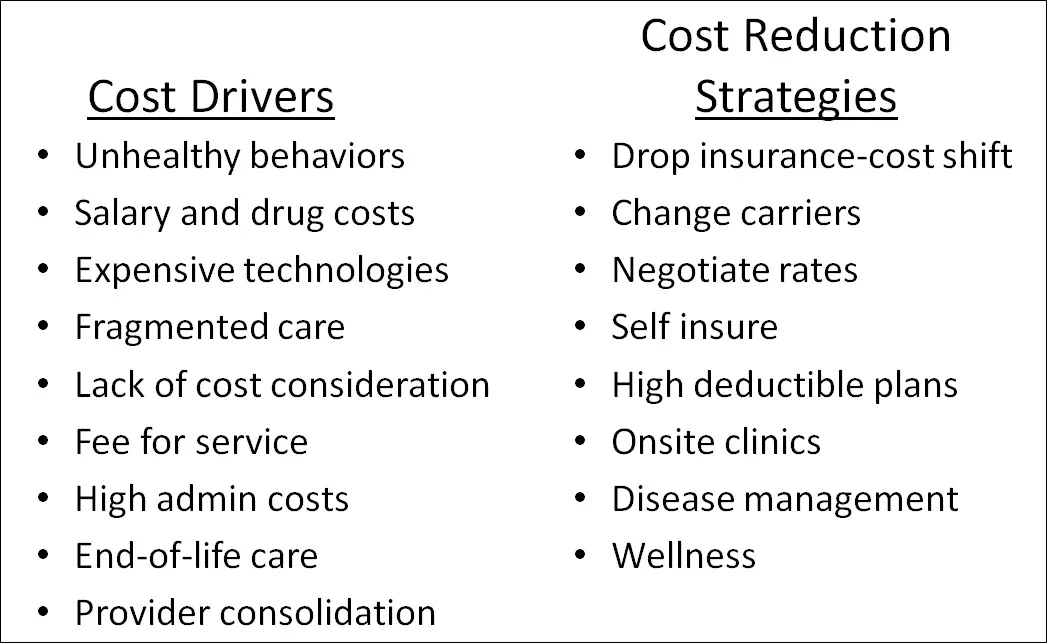Are you looking for practical ways to save on your healthcare costs? Well, you’ve come to the right place! Healthcare expenses can really take a toll on your wallet, but fear not, because I’ve got some great tips to help you cut down on those hefty bills. In this article, we will explore 10 practical ways that can make a real difference in your healthcare expenses.
First and foremost, let’s talk about the frugal lifestyle. Living frugally can have a significant impact on your healthcare costs. By cutting unnecessary expenses and focusing on what truly matters, you can save a ton of money in the long run. This means being mindful of your spending habits, prioritizing your healthcare needs, and seeking out cost-effective options whenever possible.
One way to save on healthcare costs is to take advantage of preventative care. Regular check-ups and screenings may seem like an unnecessary expense, but they can actually help you catch potential health issues before they become major problems. By investing a little bit of time and money in preventative care, you could potentially save yourself from expensive treatments and hospital visits down the line. So, stay proactive and make sure to schedule those check-ups!

10 Practical Ways to Save on Healthcare Costs
Healthcare costs can be a significant financial burden for individuals and families. However, by implementing a few practical strategies, you can effectively save on healthcare expenses while still maintaining your well-being. In this article, I will outline ten practical ways to help you save on healthcare costs and lead a frugal lifestyle.
1. Utilize Preventive Care
Prevention is often better and cheaper than treatment. By focusing on preventive care, you can avoid costly medical procedures and chronic illnesses down the road. One of the essential steps is to get regular check-ups and screenings. These routine visits can help detect health issues early on, allowing for more effective and less expensive treatment options.
In addition to regular check-ups, it is crucial to follow a healthy lifestyle to prevent chronic diseases. This includes maintaining a balanced diet, exercising regularly, getting enough sleep, and managing stress. By taking care of your overall well-being, you can significantly reduce the need for medical interventions, ultimately saving on healthcare costs.

2. Choose a High-Quality, Affordable Health Insurance Plan
Having the right health insurance coverage is essential to manage healthcare costs effectively. Start by comparing different insurance plans and their coverage options. Look for plans that offer appropriate coverage for your healthcare needs at a reasonable cost.
Consider factors such as deductibles, co-pays, and maximum out-of-pocket expenses when evaluating insurance plans. This will help you determine the most affordable option based on your healthcare needs and budget. Be sure to read the fine print and understand the coverage limitations to avoid unexpected costs.
3. Take Advantage of Employer Benefits
If you have employer-sponsored health insurance, it’s essential to make the most of the benefits offered by your employer. Many employers provide additional perks that can help reduce healthcare costs. First, check if your employer offers health savings accounts (HSAs). HSAs allow you to set aside pre-tax money for qualified medical expenses. By contributing to an HSA, you can save on taxes and healthcare costs.
Furthermore, some employers offer wellness programs aimed at promoting healthy behaviors and preventing illnesses. These can include gym memberships, smoking cessation programs, and weight management classes. Take advantage of these programs to invest in your long-term health and potentially save on healthcare expenses.

4. Explore Generic Medications
Prescription medications can quickly add up to significant costs, especially for chronic conditions. One way to cut down on these expenses is to explore generic alternatives. Generic medications have the same active ingredients as brand-name drugs but come at a fraction of the cost.
Consult your doctor or pharmacist to determine if there are generic options available for your prescribed medications. They can provide guidance and ensure the generic alternative is suitable for your needs. Additionally, compare prices at different pharmacies, as the cost of medications can vary significantly. Some pharmacies offer discount programs or lower prices for certain medications, helping you save on healthcare costs.
5. Investigate Prescription Assistance Programs
Even with generic medications, the cost of prescription drugs can still be a financial burden. However, there are assistance programs available to help individuals offset these costs. Many pharmaceutical companies offer patient assistance programs (PAPs) that provide eligible individuals with discounts or even free medications.
In addition to PAPs, various government assistance programs can help individuals with limited financial resources cover the cost of prescription drugs. Programs such as Medicaid, Medicare Part D, and state-specific programs provide coverage for prescription medications based on specific eligibility criteria. Research and apply for these programs to determine if you qualify and can save on healthcare expenses.

6. Shop Around for Medical Services
When faced with a medical procedure or service, it’s essential to compare prices and explore different options. The cost of medical procedures can vary significantly between healthcare providers, hospitals, and outpatient clinics. By shopping around, you can find more affordable options without compromising quality.
Consider options like outpatient clinics and urgent care centers for minor illnesses and injuries, as they often have lower costs than emergency rooms. Research the prices for specific procedures and services at different healthcare facilities to identify the most cost-effective option.
7. Negotiate Medical Bills and Payment Plans
Healthcare providers and hospitals understand that medical bills can be overwhelming for many individuals. In certain cases, it is possible to negotiate discounts or payment plans to make healthcare expenses more manageable. Reach out to your healthcare provider’s billing department and discuss your situation with them.
Explain your financial constraints and inquire about any available discounts or payment plans. In some cases, healthcare providers may be willing to reduce the overall cost or provide a flexible payment arrangement. Understanding your insurance coverage and out-of-pocket expenses will also help you navigate the negotiation process more effectively.

8. Take Advantage of Health Savings Accounts (HSAs)
Health savings accounts (HSAs) can be a valuable tool to save and budget for healthcare expenses. HSAs are tax-advantaged accounts that allow you to contribute pre-tax money to cover qualified medical expenses. By contributing to an HSA, you can save money on taxes and build a dedicated fund for healthcare costs.
Evaluate whether an HSA is available to you and consider contributing to it regularly. Treat your HSA as a separate savings account specifically earmarked for healthcare expenses. By using your HSA funds wisely, you can reduce the financial burden of medical costs and save money in the long run.
9. Stay Informed about Healthcare Options and Policies
Healthcare is a constantly evolving field, with laws, regulations, and policies changing regularly. Staying informed about these changes can help you make informed decisions that can potentially save you money. Follow reliable news sources and government websites to keep up-to-date with any changes in healthcare laws and regulations.
Additionally, research alternative healthcare options such as telemedicine. Telemedicine allows you to consult with healthcare professionals remotely, often at a lower cost than in-person visits. Familiarize yourself with these options and determine if they can provide quality care while reducing your healthcare expenses.
10. Practice Self-Care and Maintain a Healthy Lifestyle
Last but certainly not least, focusing on self-care and maintaining a healthy lifestyle is crucial for preventing illnesses and reducing healthcare costs. Adopt healthy habits such as eating a nutritious diet, exercising regularly, getting enough sleep, and managing stress. These lifestyle choices can significantly impact your overall well-being and help prevent costly medical interventions.
Additionally, practicing self-care also involves being proactive about your health. Attend regular check-ups, follow your doctor’s instructions, and take prescribed medications as directed. By taking an active role in your healthcare, you can catch potential issues early on and avoid more extensive and costly treatments in the future.
Conclusion
In conclusion, saving on healthcare costs is indeed possible through conscious choices and lifestyle adjustments. By utilizing preventive care, choosing the right health insurance plan, taking advantage of employer benefits, exploring generic medications, investigating prescription assistance programs, shopping around for medical services, negotiating medical bills, utilizing health savings accounts, staying informed about healthcare options and policies, and practicing self-care, individuals can effectively save on healthcare expenses while maintaining their overall well-being. Remember, taking control of your healthcare costs is an essential part of leading a frugal lifestyle.

